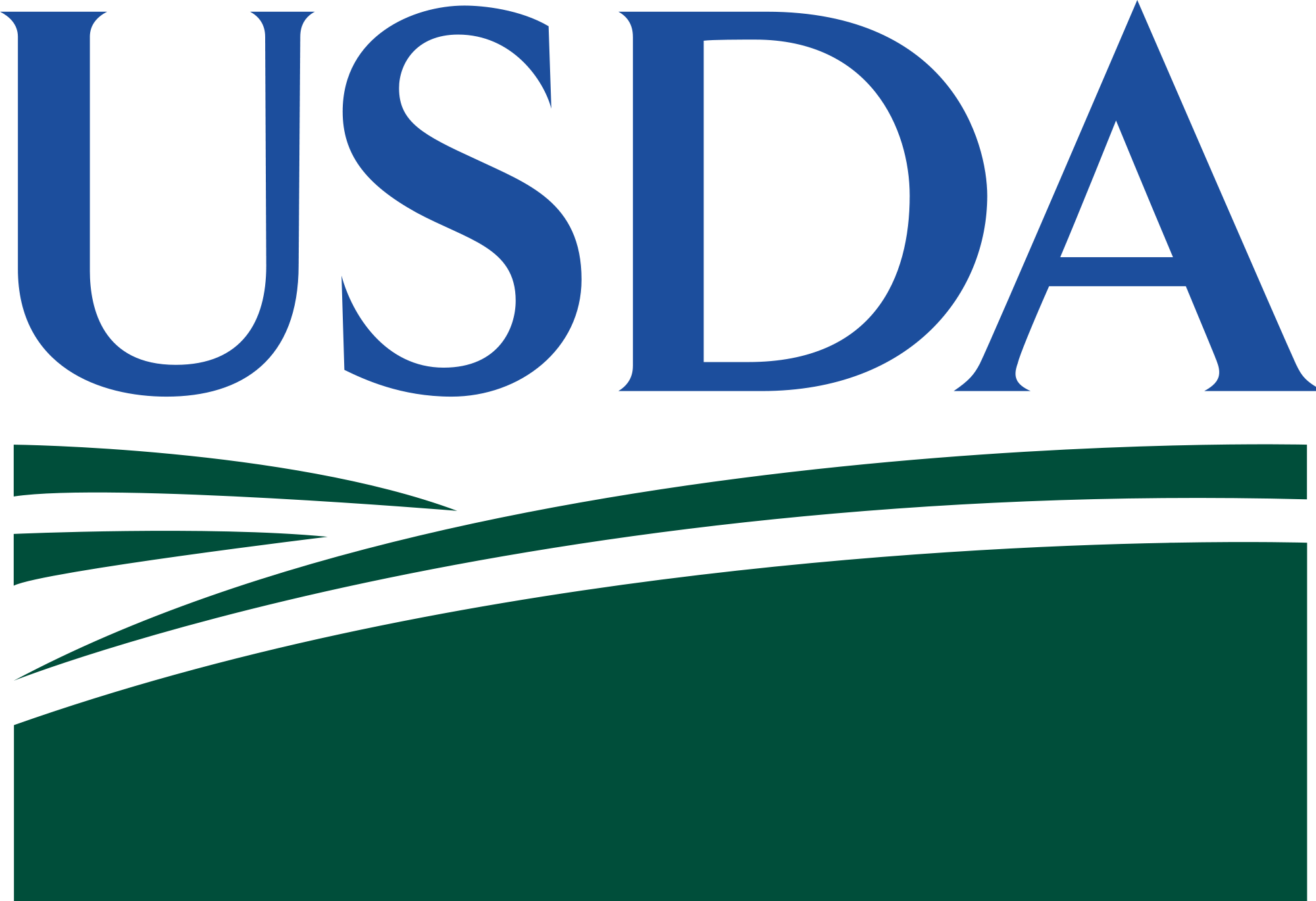We have added ten new species to the i5k Workspace. They are:
Agrilus planipennis (Baylor i5k pilot)
Centruroides exilicauda (Baylor i5k pilot)
Copidosoma floridanum (Baylor i5k pilot)
Gerris buenoi (Baylor i5k pilot)
Homalodisca vitripennis (Baylor i5k pilot)
Latrodectus hesperus (Baylor i5k pilot)
Limnephilus lunatus (Baylor i5k pilot)
Loxosceles reclusa (Baylor i5k pilot)
Onthophagus taurus (Baylor i5k pilot)
Tigriopus californicus (Burton lab, UCSD)
Thanks to these new projects for contributing their content! Organism pages, BLAST, the JBrowse genome browser, Web Apollo, and data downloads are available for each species.
In addition to this, we have been working to improve other aspects of out site. We have updated the each of our species to the latest version of Jbrowse/Web Apollo. We have also implemented a new system for organizing the tracks into categories, though you may need to clear your browser cache to see these. We are actively working to develop these categories, and welcome comments and feedback. We have also made the decision to remove the 'gene pages'. We will re-instate these pages for official gene sets, but we decided to remove them for preliminary gene sets. Please contact us if you have any questions about this. Finally, this has been a major update to multiple aspects of the site, and we have been working hard to make sure everything is working as expected. However, if you notice any unusual behavior, let us know right away.
 An official website of the United States government.
An official website of the United States government.
